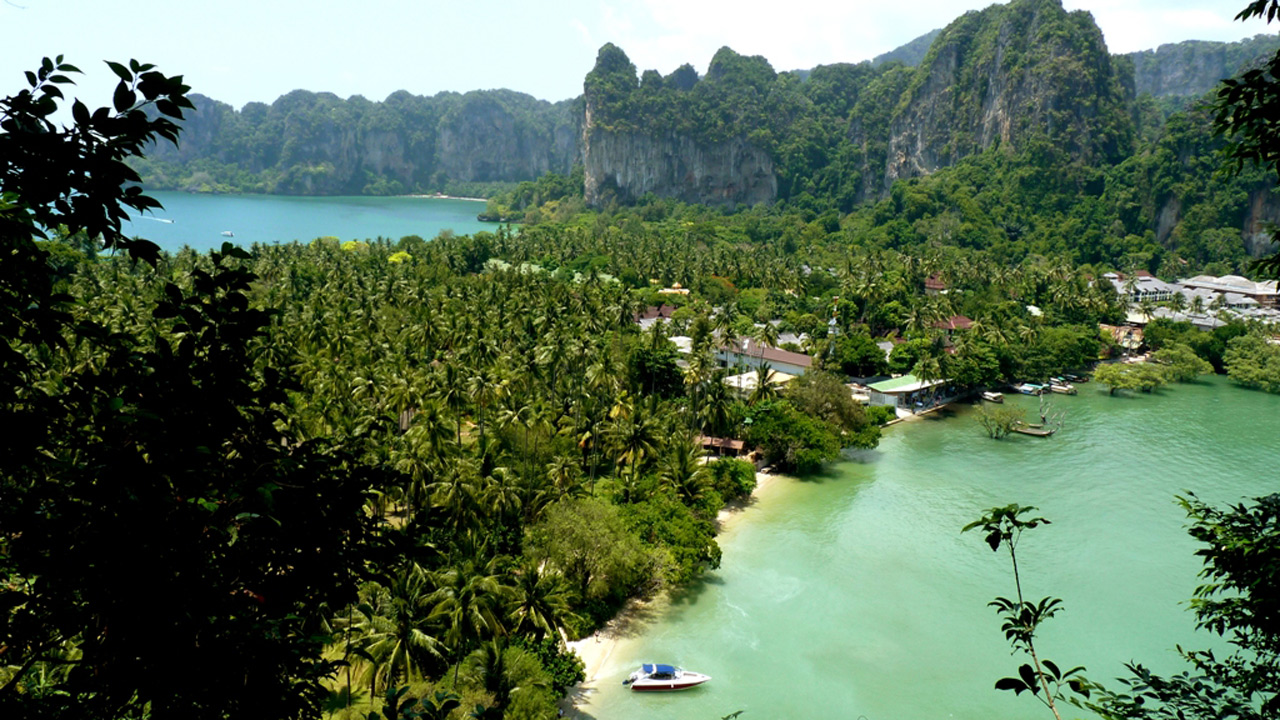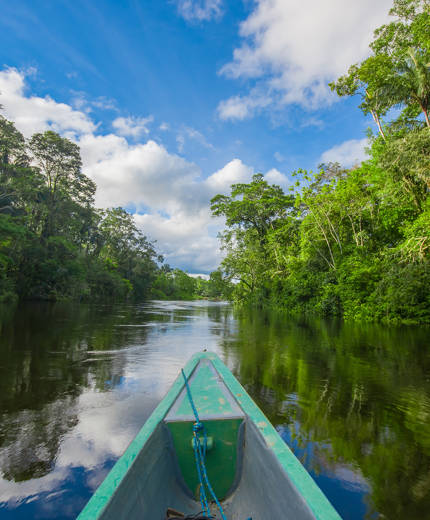Do you want to make a difference for our environment? And you're not afraid to get your hands dirty? Join a nature conservation project as part of your next big trip! Participate in vital volunteer projects and help preserve the environment for future generations. In other words, be a part of the change you want to see in the world.
VOLUNTEER AND PRESERVE THE ENVIRONMENT
If you worry about the future of the environment then there's no time like the present to get out there and do something about it. Work side-by-side with the locals on projects that include cultivating the ground, developing conservation methods, replanting, beach cleaning and environmental education. Biological research, protecting the natural environment, and developing methods of income that will not harm the environment - even in touristy areas - are vital to preserving the environment. By volunteering on a nature conservation project you can help make a difference.
The projects vary in length and focus, but all provide the experience of a lifetime.


